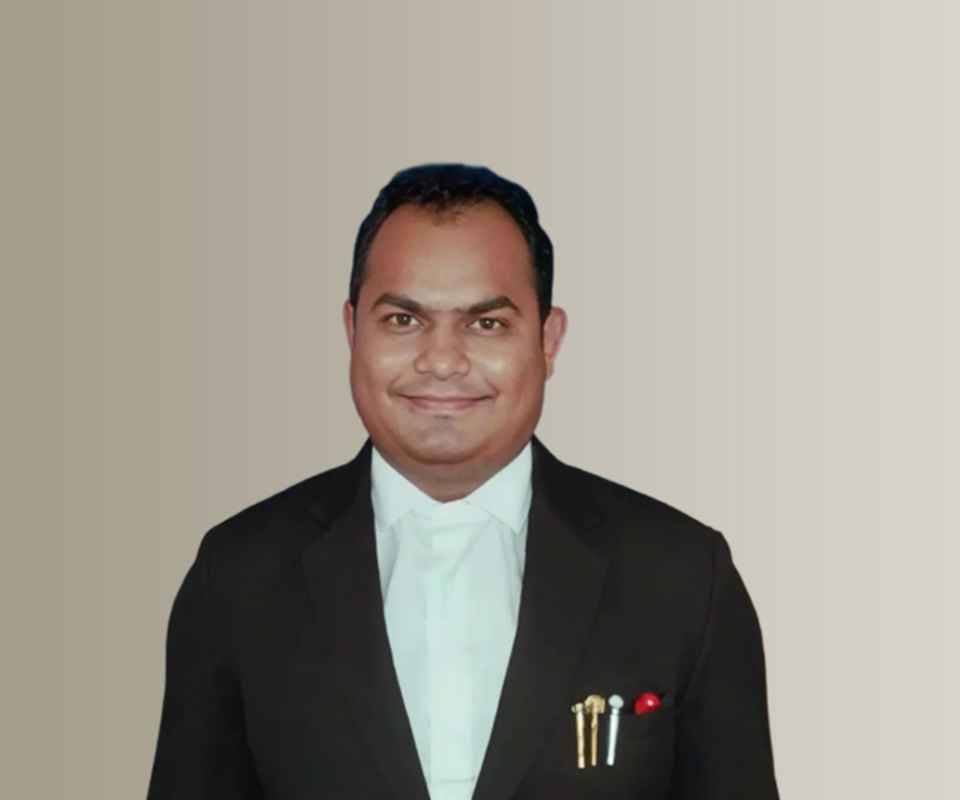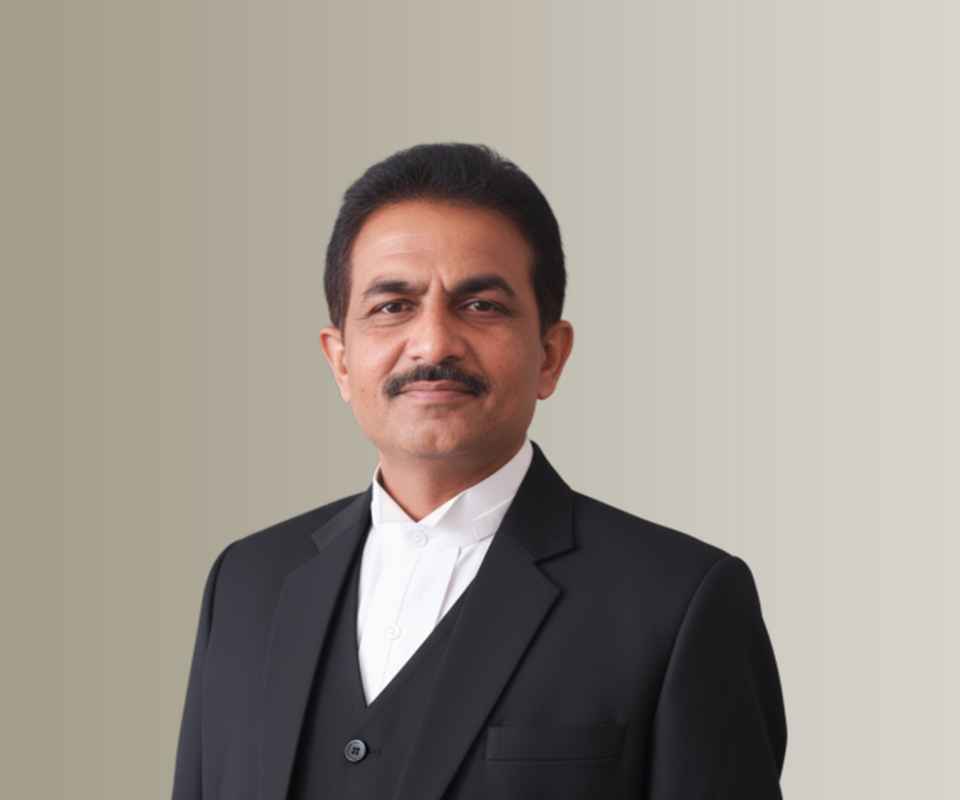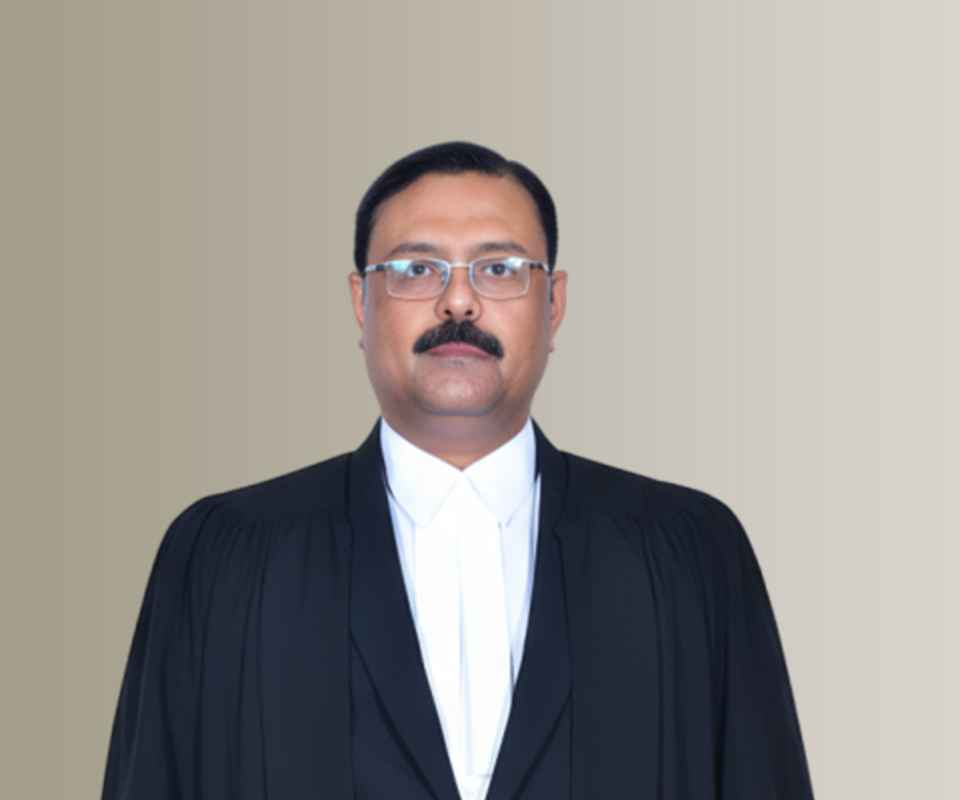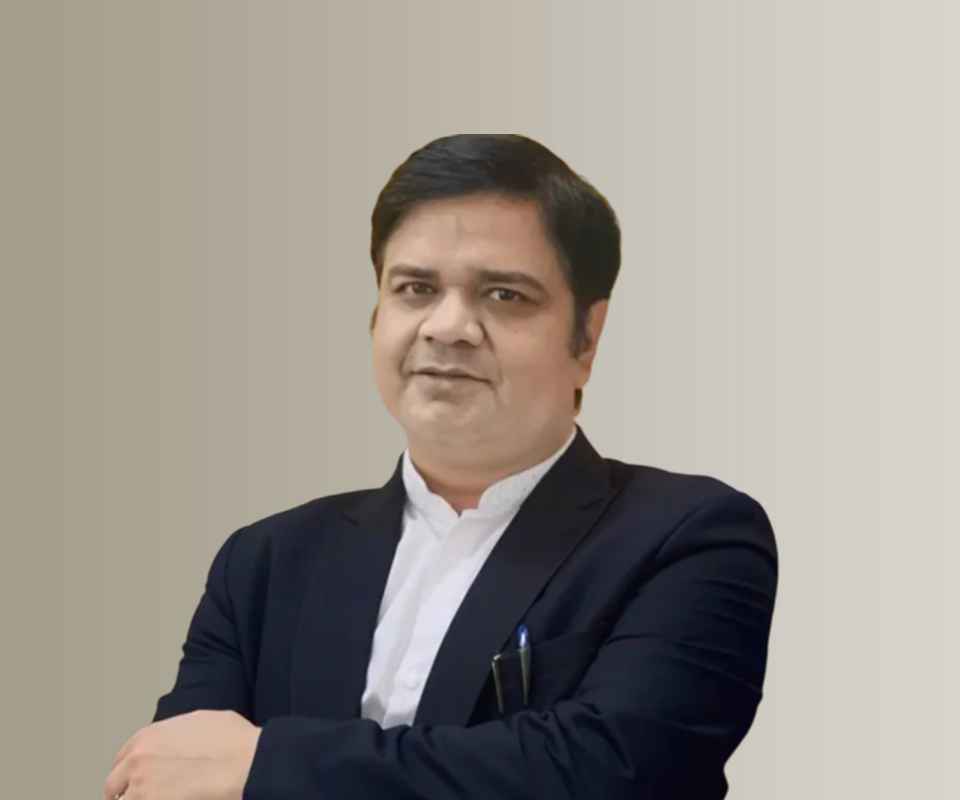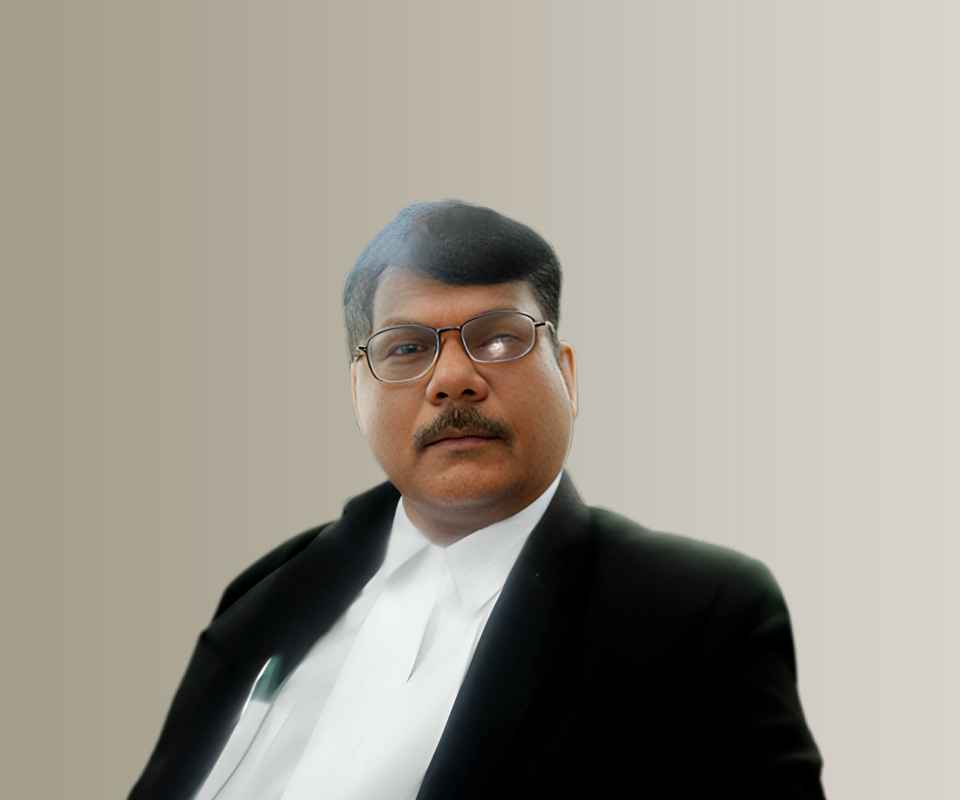Answer By law4u team
Bharatiya Nagarik Suraksha Sanhita, 2023 - Section 28: Withdrawal of Powers
The High Court or the State Government, as the case may be, may withdraw all or any of the powers conferred by it under this Sanhita on any person or by any officer subordinate to it.
Any powers conferred by the Chief Judicial Magistrate or by the District Magistrate may be withdrawn by the respective Magistrate by whom such powers were conferred.
Brief Detail
Section 28 outlines the authority of the High Court or State Government to withdraw powers that have been conferred under the Sanhita. It also specifies that powers granted by a Chief Judicial Magistrate or District Magistrate can be revoked by the same Magistrate who initially conferred them.
Q1: Who Can Withdraw Powers Conferred Under This Sanhita?
A: The High Court or the State Government can withdraw any powers conferred under this Sanhita, and a Chief Judicial Magistrate or District Magistrate can withdraw powers conferred by them.
Q2: Can Powers Be Withdrawn by Subordinate Officers?
A: Yes, the High Court or State Government can withdraw powers from any person or officer subordinate to them as per their discretion.
Q3: Is There Any Limitation on the Withdrawal of Powers?
A: The section does not specify limitations on the withdrawal of powers, allowing the High Court or State Government broad discretion in this matter.
Example
- Example 1: If a police officer is granted powers to investigate certain cases, the State Government can withdraw those powers if deemed necessary.
- Example 2: A District Magistrate may revoke special powers given to a subordinate officer if the officer is found misusing them.
Summary
Section 28 provides the framework for the withdrawal of powers conferred under the Sanhita, emphasizing the authority of the High Court, State Government, and respective Magistrates in revoking such powers as needed to ensure accountability and proper governance.

